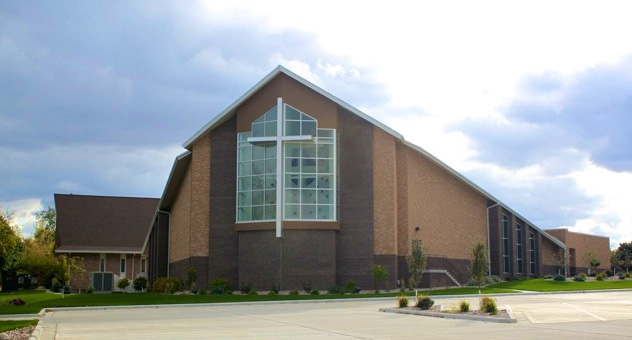“If I asked you who you are, what’s the first thing that comes to mind?”
“I’m a basketball coach.”
“And if that’s stripped away?”
“Well, I’m also a history teacher.”
“Okay. If we take that away, who are you?”
“Um, I’m a husband and a father.”
“And God forbid that should ever change, but if it does, who are you?”
“I don’t understand this game.”
“It’s not a game, man, who are you?”
“I’m a white, American male.”
“Ha! That’s for sure! Is there anything else?”
“Well, I’m a Christian.”
“And what’s that mean?”
“It means follower of Christ.”
“And how important is that?”
“It’s very important.”
“Interesting, how it’s so far down your list.”
“Okay, wait a minute, I could have easily said Christian first.”
“Ya, but you didn’t. Look, your identity will be tied to whatever you give your heart to. It doesn’t sound like the Lord has first place… For someone who knows the Lord, you’re acting like someone who doesn’t. Which makes me wonder, what have you allowed to define you? Something or someone will have first place in your heart, but when you find your identity in the one who created you, it will change your whole perspective.”
This is a conversation between John Harrison and Thomas Hill in the 2019 movie “Overcomer”. The question is a valid one. Who are you? If someone asked you that question, how would you respond?
I’ve been getting some flack from my daughter about not writing articles for the Archive this summer and I promised her I would write this week in honor of her last Sunday before leaving for college. And I want her to ponder this question. Who are you? More than being a college Freshman, or being a white teenage girl, a Generation Z’er, a horse lover, an employee, a sister, a daughter… who are you? What have you allowed to define you?
As you spread your wings and fly, I want you to remember your roots. I want you to remember the things I have taught you. I want you to remember to brush your teeth, and wash your hands, and clean up after yourself. I want you to remember to call your mom. J I want you to remember to take a deep breath and to be nice. But most of all, I want you to remember whose you are.
The moment you professed Jesus to be your Lord and Savior, his identity became yours. Galatians 2:20 says “I have been crucified with Christ. It is no longer I who live, but Christ who lives in me. And the life I now live in the flesh, I live by faith in the Son of God, who loved me and gave himself for me.”
So who are you? Don’t let the world define you. Don’t let society tell you that you are too this or too that. Don’t give your heart to a trophy that will tarnish and fade. This is true for all of us, the college student, the stay-at-home mom, the farmer, the pastor, the __________. Find your identity in the One who created you, in the One who chose you, in the One who redeemed you, in the One who loves you and gave himself for you.
Remember who AND whose you are.
Erin Jacobsma








